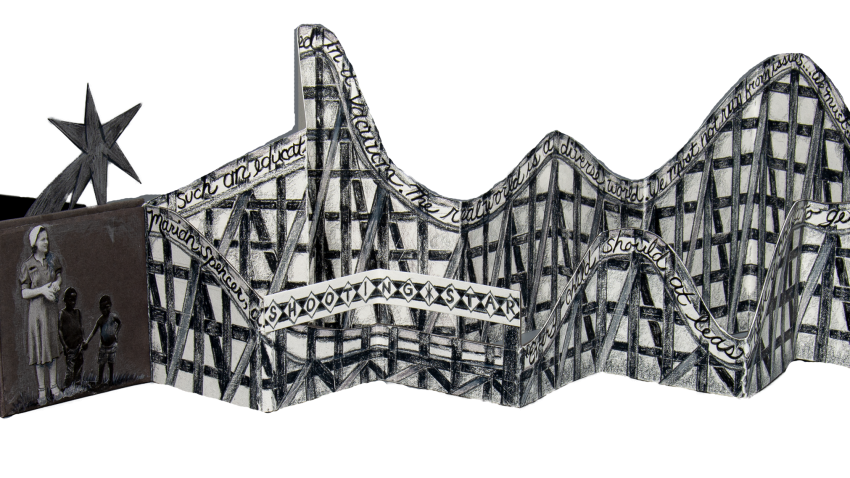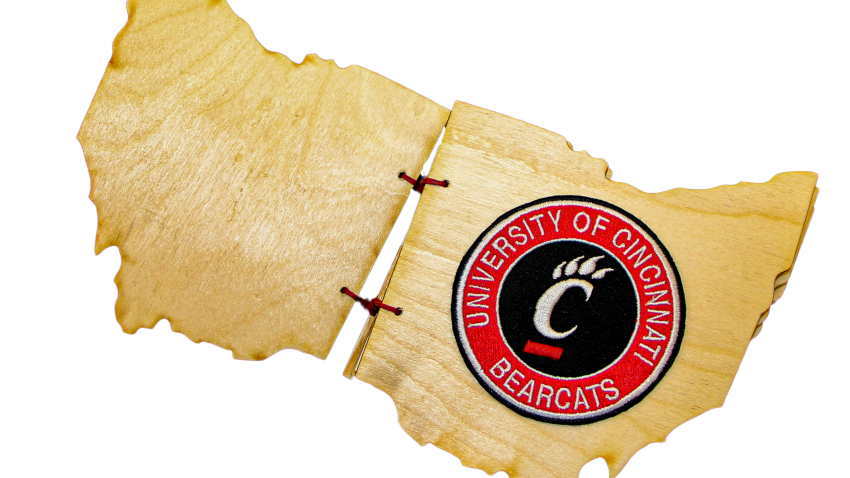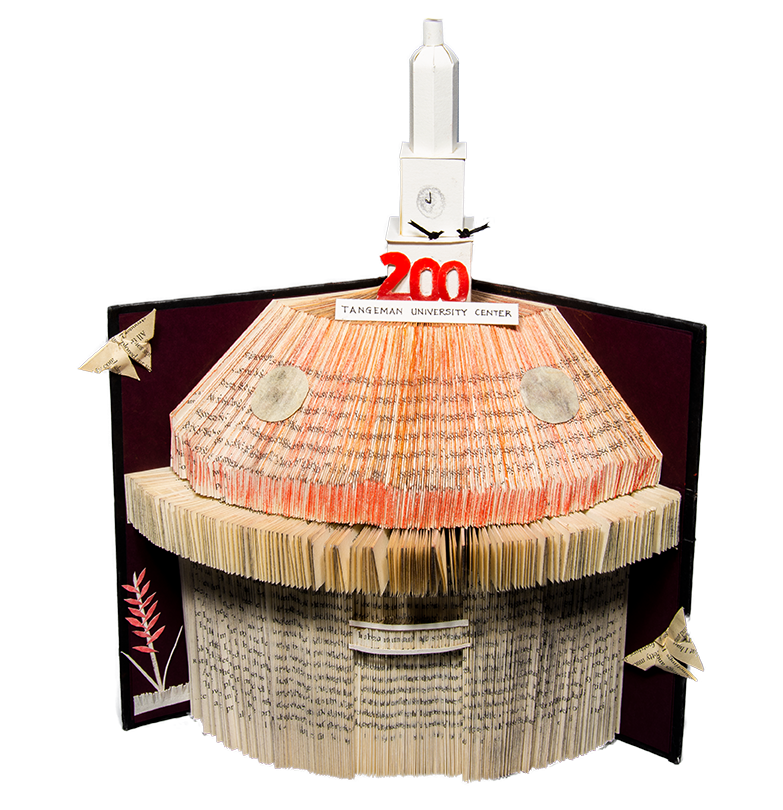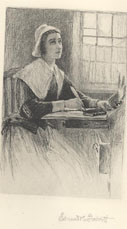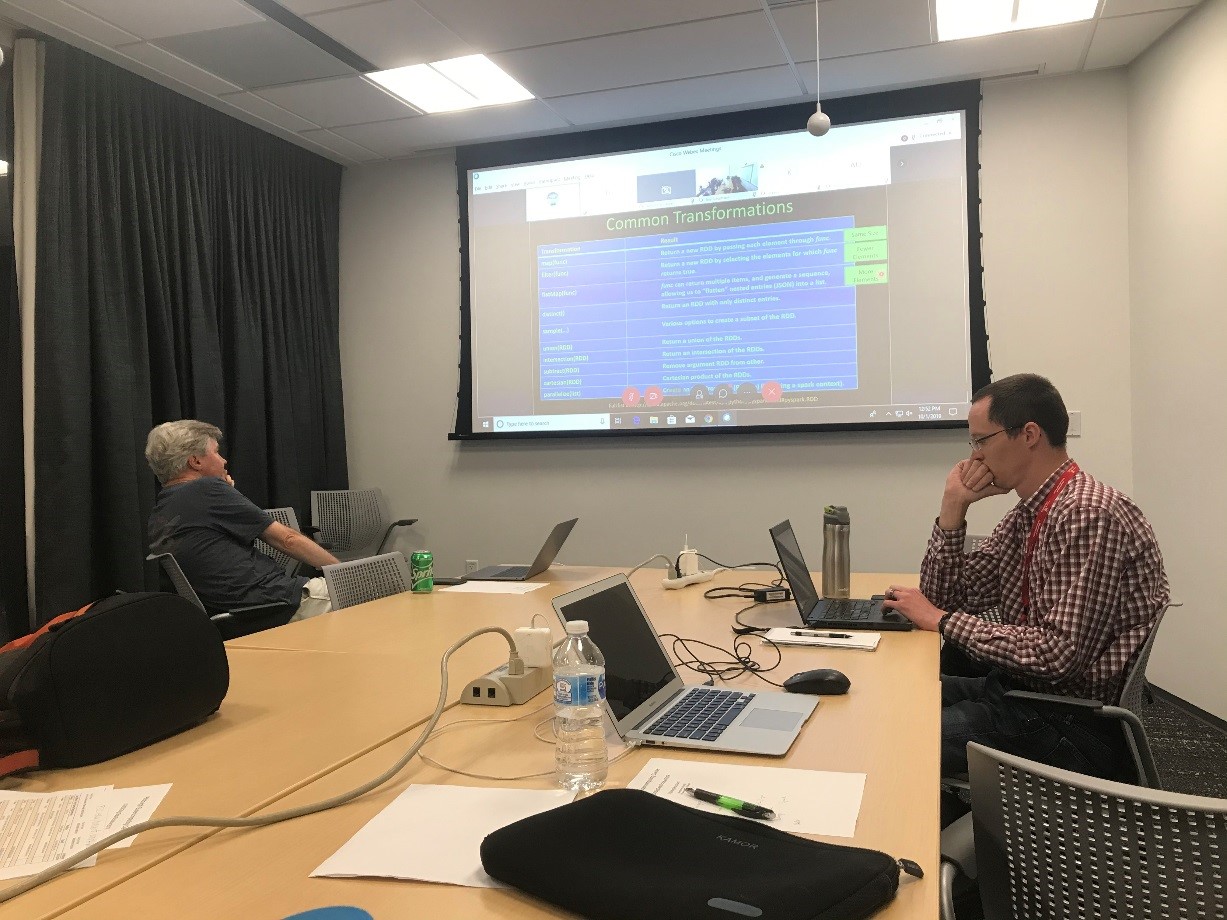By: Alex Temple, Benjamin Gettler Papers Project Archivist
The Benjamin Gettler papers processing project has come to a close, but I wanted to write one more entry about efforts to ensure the lasting usability of the collection. As I’ve explored and processed the collection, I found a broad range of material making up the scope and content. Each item in the collection is important, but some items can actually harm others, and storage methods that work for one item will not necessarily work for another. Therefore, each item has been assessed for it’s individual preservation needs, including how to store it so it would not affect the safety of the rest of the collection.
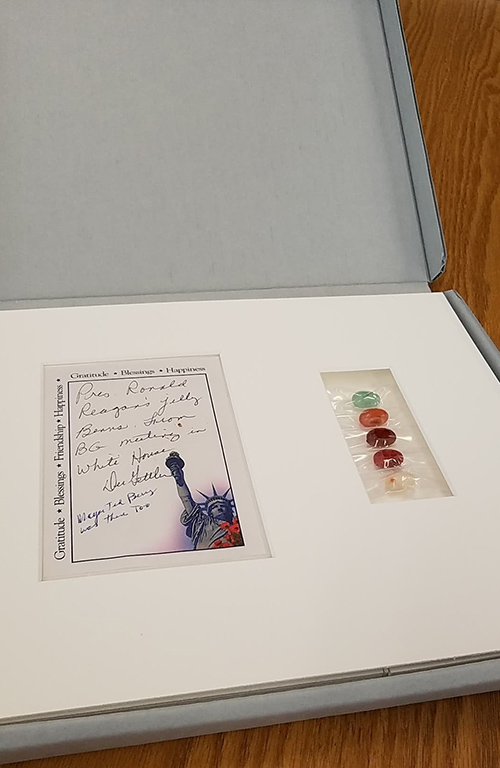 Regarding the paper documents, some are emails printed from an inkjet or laser printer as recently as 2013, while other documents are stock certificates dating back to the 1890s. Regardless of their age, generally all paper-based objects need to be housed in a stable and protective environment, such as acid-free folders, and stored in a room with a relative humidity of 30-50% and temperature between 35-65°F, all of which the University of Cincinnati Archives & Rare Books Library provides.
Regarding the paper documents, some are emails printed from an inkjet or laser printer as recently as 2013, while other documents are stock certificates dating back to the 1890s. Regardless of their age, generally all paper-based objects need to be housed in a stable and protective environment, such as acid-free folders, and stored in a room with a relative humidity of 30-50% and temperature between 35-65°F, all of which the University of Cincinnati Archives & Rare Books Library provides.
Of course, not everything was as straightforward as placing into a new, preservation-quality folder. I have written previously about items Gettler had taken from his visit with President Reagan at the White House, largely about some jellybeans. Miraculously, these jellybeans had survived for nearly 40 years. To make their longevity less of a miracle and more of a science, we deferred to The Preservation Lab, a joint lab of the University of Cincinnati Libraries and the Public Library of Cincinnati and Hamilton County. They vacuum-sealed the jellybeans, and brilliantly constructed a box for them that allowed them to be displayed alongside a note from Ben’s wife Dee. The candy is now protected from being squashed, chewed on, or getting wet. And just as importantly, the rest of collection is less likely to be adversely affected by the composition of the jellybeans, such as sugars and dyes. Continue reading

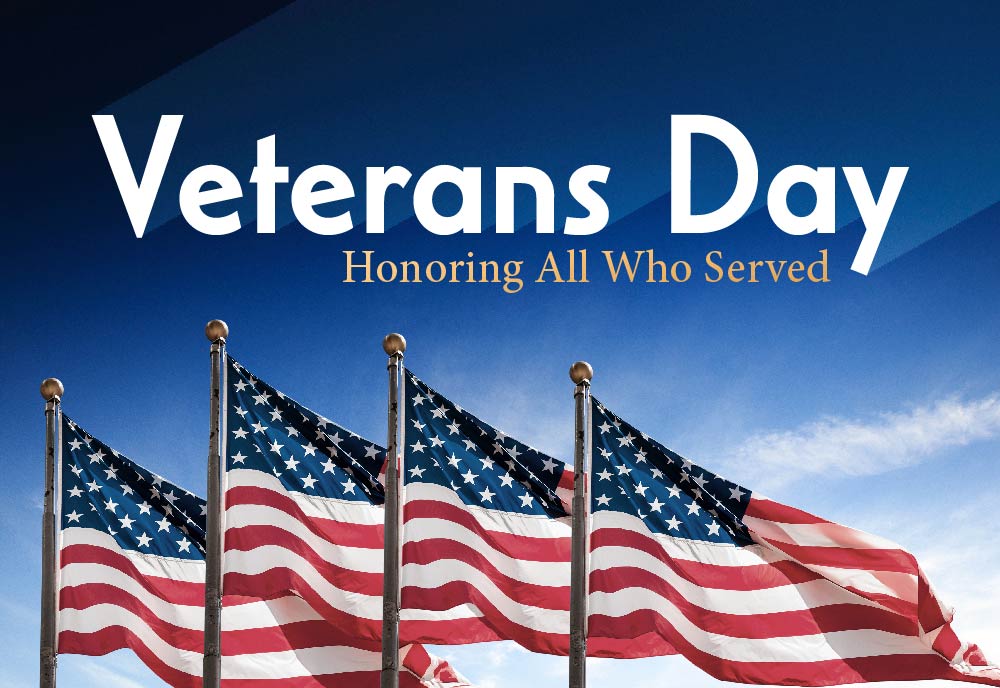 UC Libraries will be closed Monday, Nov. 11 in observance of Veterans Day, except for the Donald C. Harrison
UC Libraries will be closed Monday, Nov. 11 in observance of Veterans Day, except for the Donald C. Harrison 
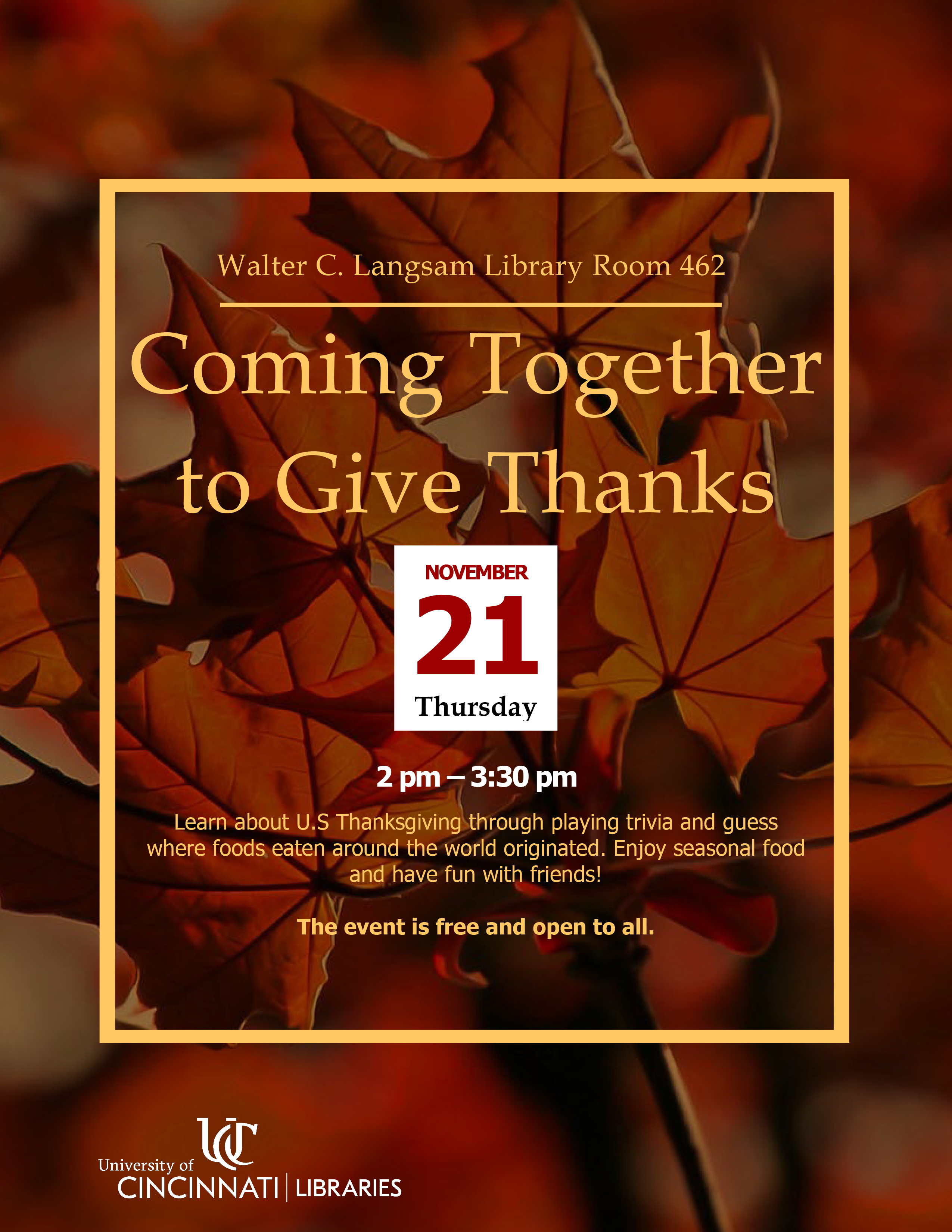
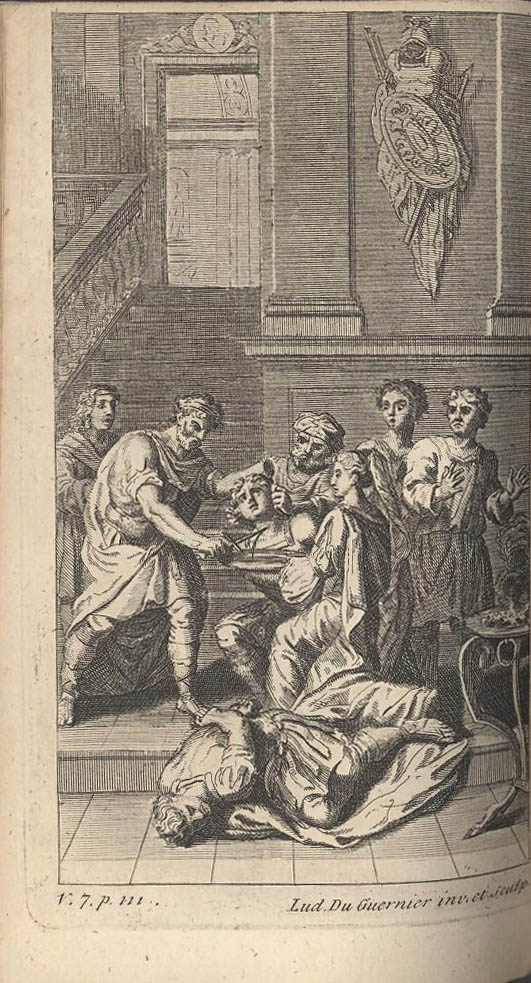
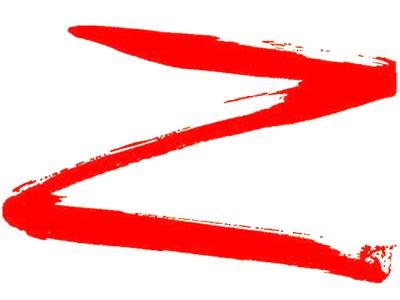 Zorro Turns 100: The Hispanic Legacy
Zorro Turns 100: The Hispanic Legacy